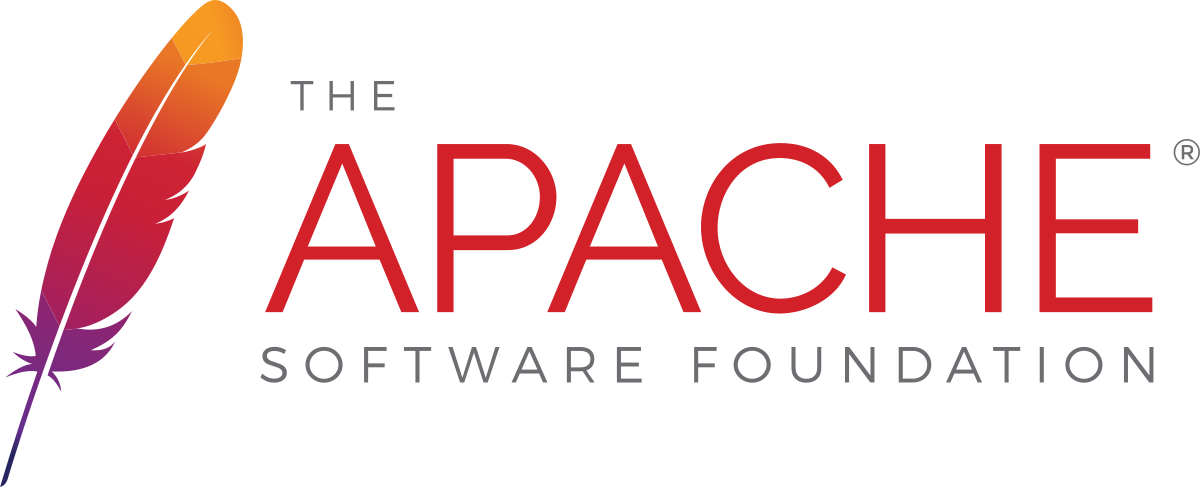
Meta just introduced the Llama 3.1 AI model and accompanied the launch with a blog post explaining “Open Source AI is the path forward” [a]. But buyer beware: Llama 3.1 itself is a legal labyrinth.
This message, related to the development of the theme, only displays on the
localhost homepage to notify you of any important theme changes.
Below are the following changes that could be breaking changes for your site. For more details on any change, please refer to PR #154.
The major breaking change is:
images (backwards compatibility for featured and associated parameters still remains) will need to adjust from [images]="SRC" to the new format.[[images]]
src = "" // Link to image
alt = "" // Alt text for image
stretch = // Optional: See screenshots for referenced values and outcomes
If you utilize any of the following, there might be a breaking:
While I realize this is inconvenient, I hope that it is worth it to you in the long run. Thanks for using the theme, and feel free to submit issues as needed.

Teaching and researching software engineering

Meta just introduced the Llama 3.1 AI model and accompanied the launch with a blog post explaining “Open Source AI is the path forward” [a]. But buyer beware: Llama 3.1 itself is a legal labyrinth.

Some open source projects use the Apache 2.0 license “with LLVM Exception” SPDX: "Apache-2.0 WITH LLVM-exception"). So what is the “LLVM exception” exactly, and why do some projects add it to their license?

During my day job, I teach a number of computer science courses in the Information Engineering Technology programme at Ghent University. The release of ChatGPT and GPT-4 has a large impact on our education because it can get grades of above 80% on most exams and can effortlessly write essays on complex subjects. Students are aware of this, and are thus increasingly using Large Language Models (LLMs) in their education for a number of tasks.
During the Ubuntu Summit, a long-awaited feature was quietly released for preview: You can now completely turn off automatic updates of snaps.
We created a prototype that runs Kubernetes operators in WebAssembly (wasm) and suspends them to disk when they are not used.
Quick tip: did you know you can open Google Drive, Google Calendar and more as a specific user?